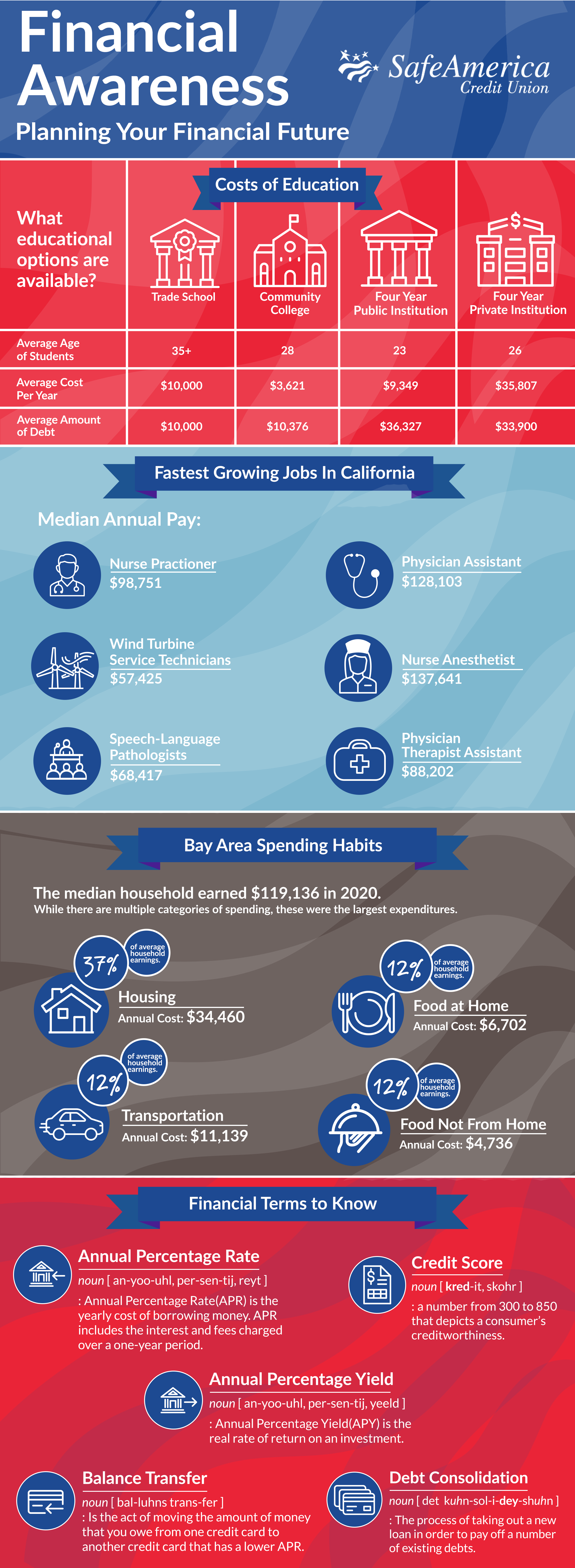The National Retail Federation (NRF) is expecting this year’s back-to-school shopping season to be the most expensive ever.
Parents are feeling pressured to overspend and many are worried about hitting the stores this year. The good news is that with a little planning, you can successfully manage these additional expenses while managing your stress.
According to their survey, K-12 families will be spending about $36.9 billion in back-to-class spending. An average of of $846 per household while back-to-college spending is expected to reach $73.9 billion, an average of $1,199 per household both. the highest ever recorded by the NRF.
Here are three steps you can take to plan for the upcoming back-to-school shopping season:
1. Make A Plan Before You Shop
Take some time to assess your financial situation. GreenPath’s budgeting worksheet is a great way to get started, click here to view and download. Once you have good handle on your current financial state, determine how much you truly feel comfortable spending.
2. Take Stock of What You Have Versus What You Need
Prioritize your needs list. What do you need to buy before school starts and what can you purchase later? What really needs to be replaced versus what can be reused? If new clothes are a need, many stores will be clearing their shelves to makes way for winter clothing. This is a good time to stock up at a discount.
3. Avoid Impulse Buys
Take your needs list with you and stick to it. If your kids will be shopping with you, share the list with them beforehand. Better yet, have them help you create it.
If they want something that isn't in the budget, offer them the option to chip in their own money. Generation Z has become more involved than previous generations and are spending more of their own money on back-to-school supplies. Teaching your children about finances plays a critical role in forming a healthy attitude about money and setting them up for long-term success.
2022 Back-To-School Webinar Trends - (Webinar Recording)
Information brought to you by our partner, GreenPath Financial Wellness
Sources:
National Retail Federation Trends



